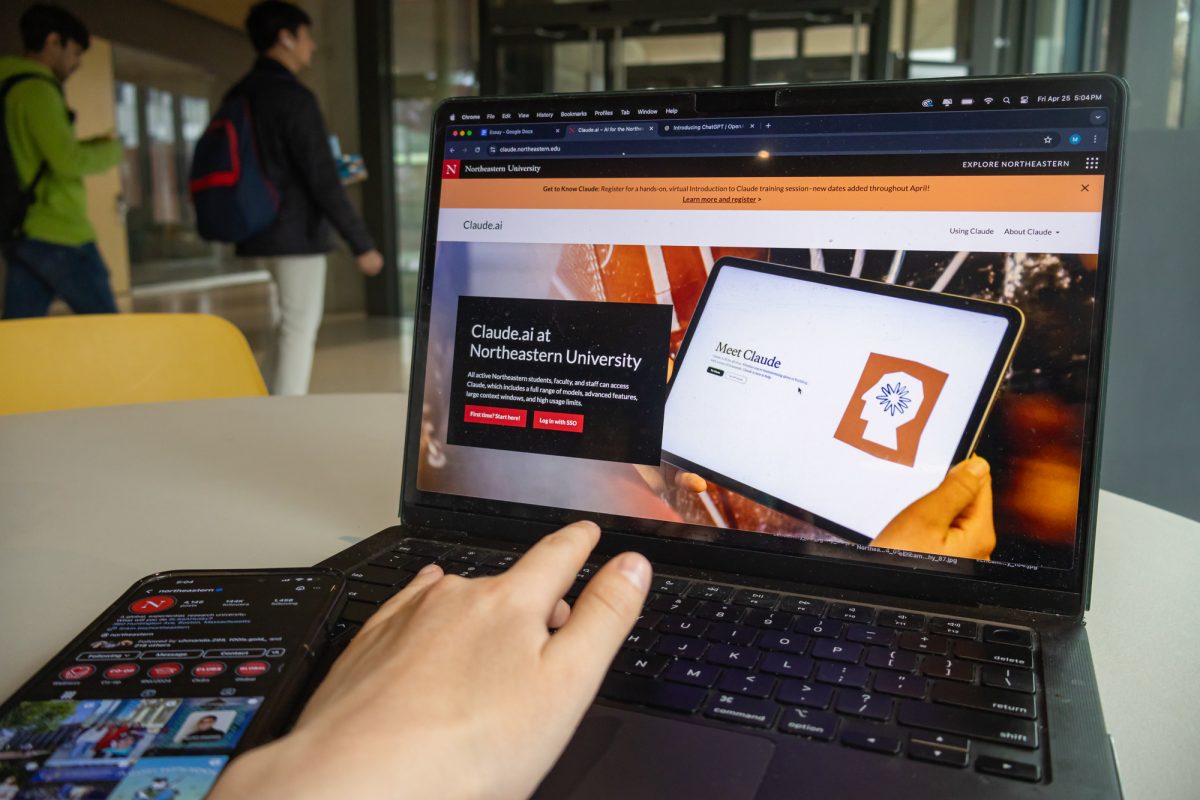By Gwen Schanker, editorial columnist
Last Sunday, I spent my afternoon watching the Kellogg’s Tour of Gymnastics Champions, the tail end of a national tour where members of the men’s and women’s U.S. 2012 and 2016 Olympic gymnastics teams showcased their skills in a fun-filled, strobe-lit, fast-paced event. The athletes – members of the rhythmic, acrobatic and trampoline teams as well as the artistic gymnastics team – have spent the past several months traveling to cities big and small across the country to perform for an audience of fans, largely consisting of budding gymnasts.
As a young gymnast myself, I attended the Kellogg’s Tour with my team in Chicago in 2004. I remember being awed by the opportunity to see, in person, the Olympians I idolized so much. Watching gymnasts like Carly Patterson and Courtney Kupets inspired me to push through the struggles I faced every day in gymnastics, even though sometimes it felt like I would never overcome my fear of the balance beam or stick the landing of my new vault.
On Sunday, I recognized the awed looks on the young gymnasts’ faces from my own experience. I realized that inspiration has stuck with me beyond my gymnastics career, which is part of why I found myself back at the Kellogg’s tour 12 years later with my ever-inspirational mom in tow.
The reason gymnasts like Simone Biles and Aly Raisman are so inspiring isn’t just because of their physical strength and artistry, though watching their tumbling passes and dance routines is always an impressive sight. These athletes also have incredible mental strength that allows them to spend more than 30 hours a week practicing gymnastics. Gymnastics is perhaps just as mentally exhausting as it is physically exhausting, and the lessons that I learned from overcoming my fears in gymnastics growing up – then getting scared all over again and having to overcome them repeatedly – have continued to be relevant in my high school and college life. I lose confidence in myself all the time, but fortunately, I have developed the mental strength to overcome that feeling.
This type of psychological fortitude is an essential trait for women of all generations, but especially young women. In today’s world, women have the opportunity to become anything from a gymnast to a scientist to a writer to a presidential candidate. None of that would be possible without a growing network of women who inspire one another. That network is evident across the board: From the Kellogg’s Tour in Boston, where Biles and Raisman helped one aspiring gymnast from the audience do a backflip; to the network of mentoring programs at Northeastern, like the Science Club for Girls and Strong Women, Strong Girls; to the emotional appeal to young women in Hillary Clinton’s concession speech last week.
“To all of the little girls who are watching this, never doubt that you are valuable and powerful and deserving of every chance and opportunity in the world to pursue and achieve your own dreams,” Clinton said.
Those words don’t take away the sadness that comes with Clinton’s loss to Donald J. Trump, but they do demonstrate that she will always be a role model to young women who want to become president someday or college students who just want to get through the last month of the semester. They also speak to the resounding importance of women who inspire and empower across fields like sports and science.
“Please never stop believing that fighting for what’s right is worth it,” Clinton said last week. Whatever their aspirations, that’s a sentiment that all young women should take from their role models.















